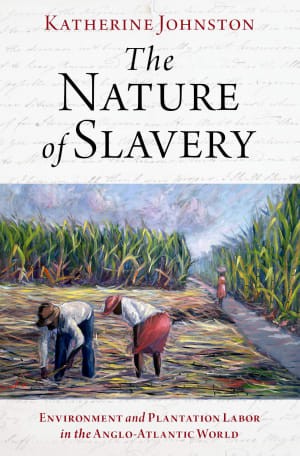The Nature of Slavery: Environment and Plantation Labor in the Anglo-Atlantic World
Wednesday, Mar 22, 2023 6:00p -
7:00p
Where:
Massachusetts Historical Society
1154 Boyleston St
Boston, MA 02215
Admission:
$10
Categories:
History, Lectures & Conferences, Social Good
Event website:
https://www.masshist.org/events/nature-slavery-environment-and-plantation-labor-anglo-atlantic-world
This is a hybrid event. FREE for MHS Members. $10 per person fee (in person). No charge for virtual attendees or Card to Culture participants (EBT, WIC, and ConnectorCare). The in-person reception starts at 5:30 and the program will begin at 6:00.
Please visit here to register.
In the late 18th century, planters in the Caribbean and the American South insisted that only Black people could labor on plantations, arguing that Africans, unlike Europeans, had bodies particularly suited to cultivate crops in hot climates. Historians have mainly taken planters at their word. In The Nature of Slavery, Katherine Johnston disrupts this longstanding claim about biological racial difference. Drawing on extensive personal correspondence, colonial records, and a wealth of other sources, she reveals that planters observed no health differences between Black and white people. Yet when slavery and their economic livelihoods were at stake, slaveholders and slave traders promoted a climatic dichotomy, in which Africans' and Europeans' bodies differed significantly from one another. By putting the health of enslaved laborers at significant risk, planters' actions made environmental racism a central part of Atlantic slavery. White plantation owners contributed to historical myths about enslaved bodies that permeated the public imagination, became accepted as natural, and helped to construct and circulate a groundless theory of race across the Atlantic world.


